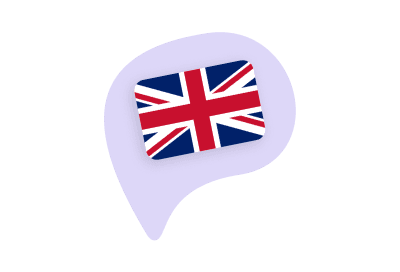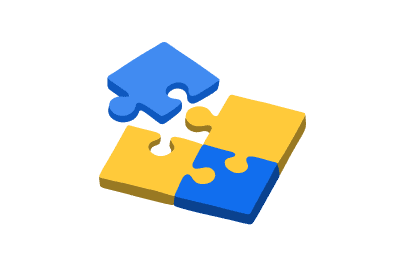What would you like to learn?
655+

lessons in the Complete English course (A1-C1)
200+

hours of focused learning
26million

people have already committed to learning English
App of the year
App Store
Editor’s Choice
Google Play
How does Busuu teach English effectively?
Follow a structured learning path
See your progress as you work towards English fluency.
Lessons featuring real people
Learn the everyday English you need from native speakers.
Learn from English speakers
Get feedback on your spoken & written exercises.
See your English progress
See your progress & get extra practice with AI review tools.
How Busuu Works
01
 Learn in self-paced lessons to fit your schedule.
Learn in self-paced lessons to fit your schedule.02
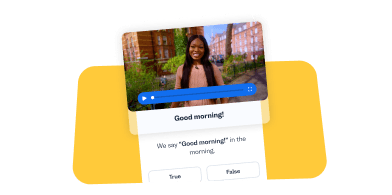 Perfect your English speaking skills with immersive lessons.
Perfect your English speaking skills with immersive lessons.03
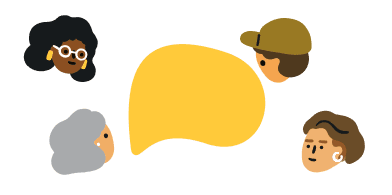 Reach your goals with support from our Community of English speakers.
Reach your goals with support from our Community of English speakers.
Newlanguages

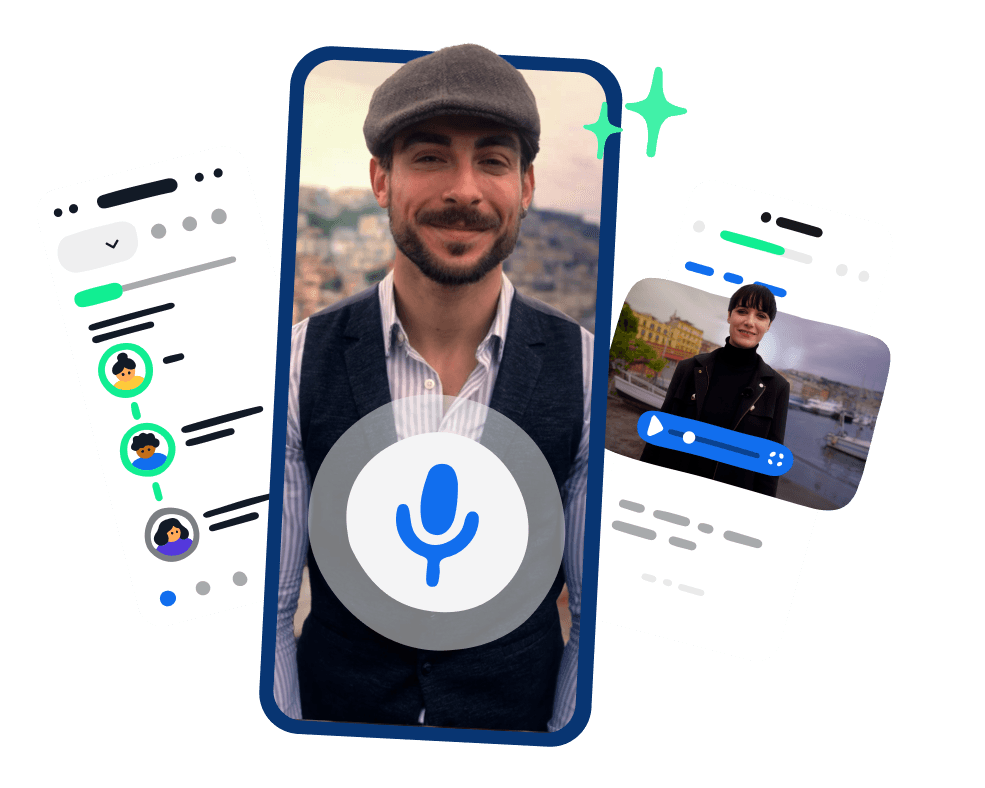
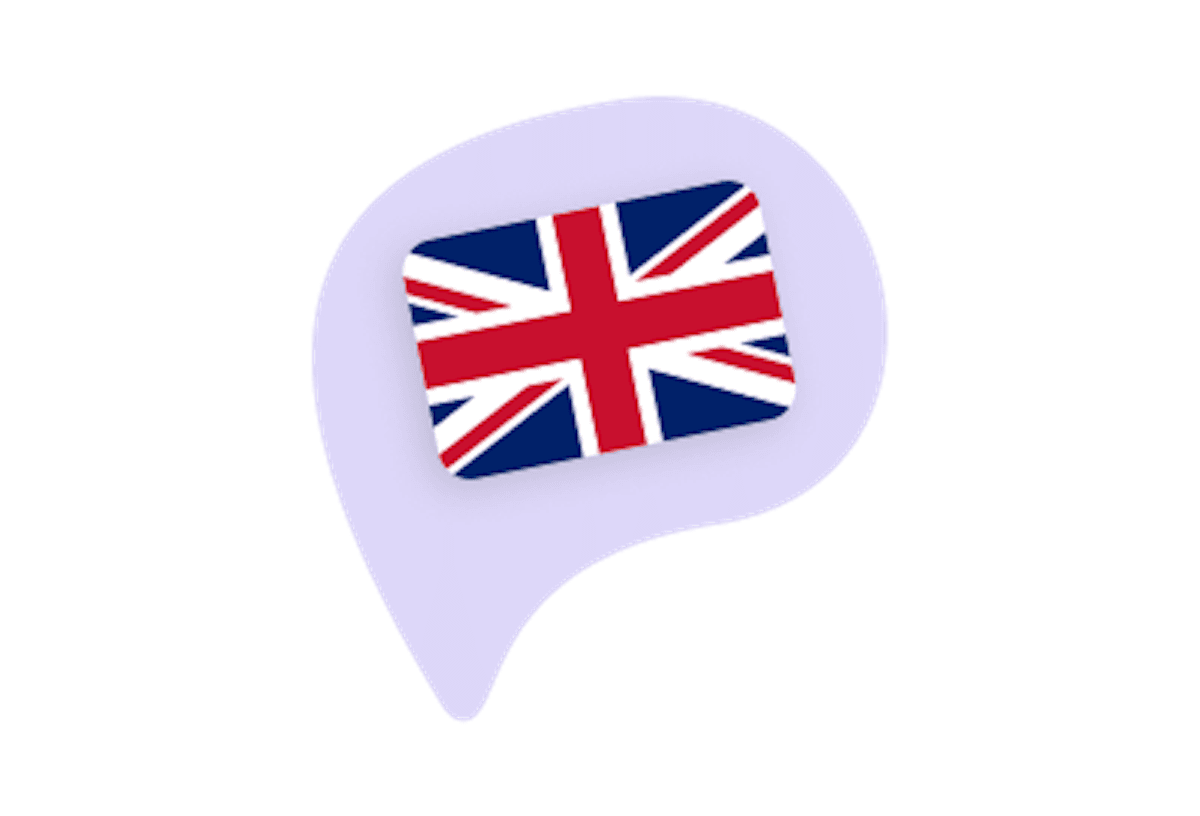

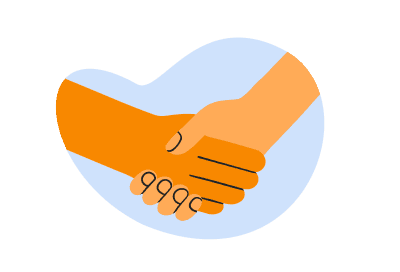
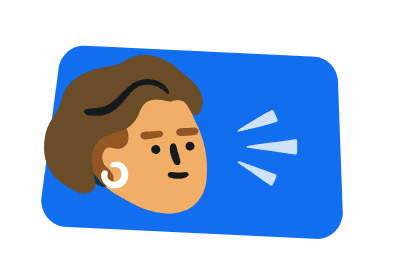
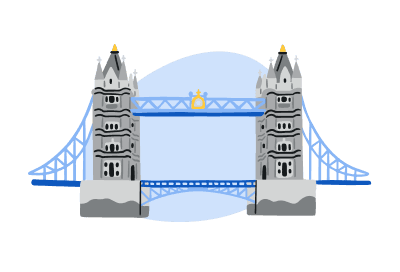
![[DRAFT] Media - Course 6](/busuu-marketing-assets/_next/image?url=https%3A%2F%2Fimages.ctfassets.net%2Fkk1deufhixqq%2F4d0hMrdVfG4kLYuuh0zNac%2Fcdf80e1b8876494cc0961c32c342452a%2Fthe-econonmist.png&w=828&q=75)
![[DRAFT] Media - Course 7](/busuu-marketing-assets/_next/image?url=https%3A%2F%2Fimages.ctfassets.net%2Fkk1deufhixqq%2F663BCVJbbcDYpZyWXUHSJF%2F22e3f0020f3839681553adb5be5cba9b%2Fenglish-exam-success.png&w=828&q=75)












